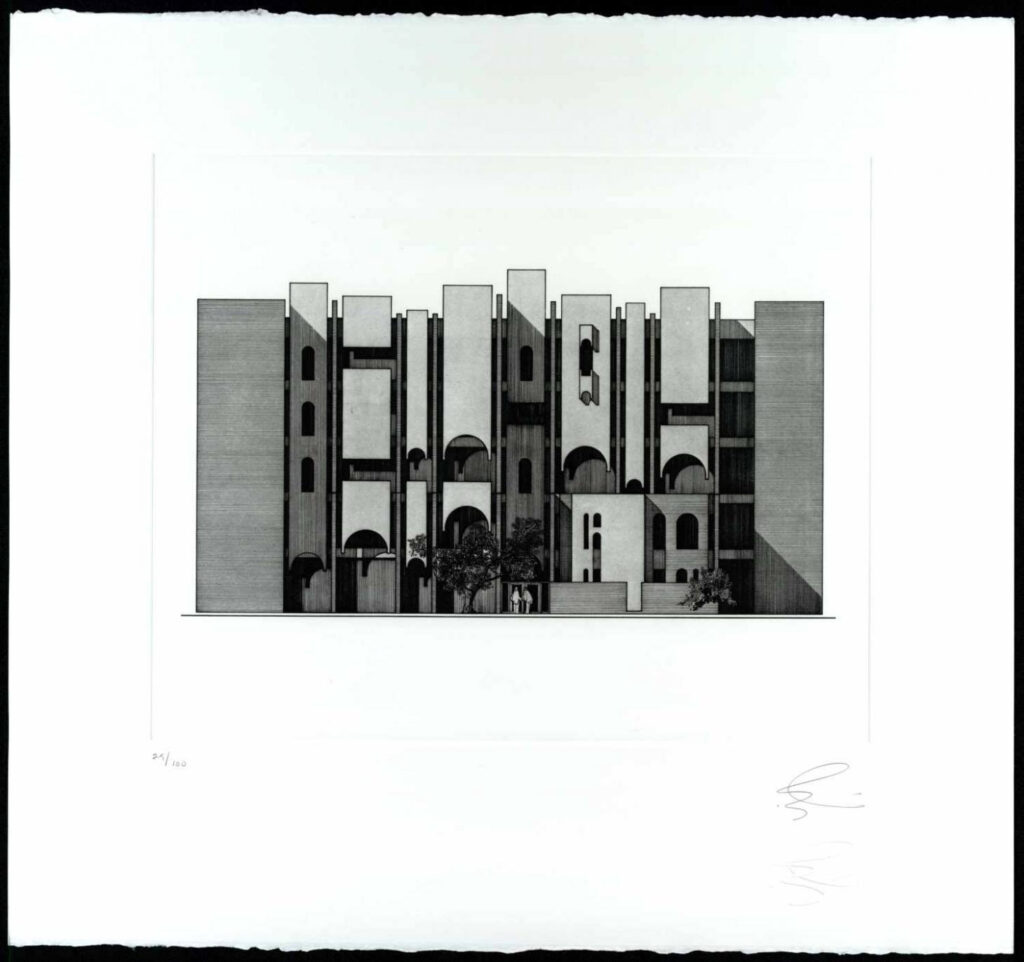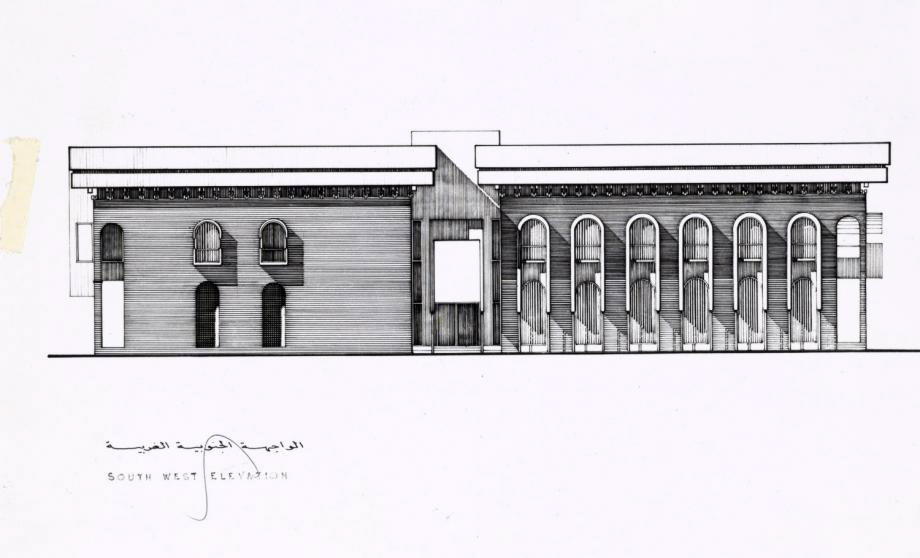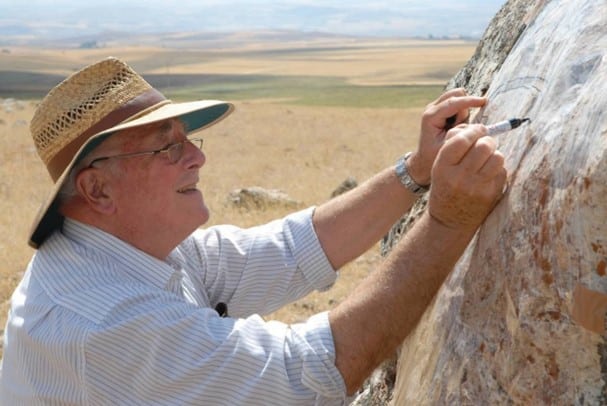
Chadirji: The Baghdad Trend Setter
Most people knew Rifat as a renowned architect and researcher, however, for several decades many also recognised him as a trend setter in Baghdad.
By Ali Khadr
Most people knew Rifat as a renowned architect and researcher, however, for several decades many also recognised him as a trend setter in Baghdad.
When I was growing up in Baghdad in the sixties and seventies, a time of relative peace and tranquillity in the city, there were a handful of people that my generation looked up to, to sense the latest trends in fashion and lifestyle. Rifat Chadirji was certainly one of them.
Rifat and his friends established a cultural club in a suburb north of Baghdad. Al-Jamiya Al-Baghdadiya occupied an old farmhouse with a motor pump, it was a heavenly venue surrounded by water streams and palm trees. Members of the club were able to enjoy a fine drink with their barbecued dinner, watch a vintage Hollywood movie or a censored play, and join endless discussions on art, architecture, or any other topic with the avant-garde of sixties Baghdad. Rifat himself designed the outdoor cinema, bar, and many of the other unique features of the club. Alas, the project ended abruptly when the ruling Baath party got its hands on it in the early seventies.

Rifat’s architecture practice was a haven of young and well-dressed architects of both sexes, from every ethnic and religious background, not that anyone cared in those days. The latest western music played on the finest hi-tech loudspeakers of the time, while young architects rushed around with their T-squares and blueprints. It was a privilege for any graduate to practice for a year or two at Rifat’s firm, regardless of pay, before being released to the wide world of contracts and clients.
Next to his office was his furniture shop named after the Sumerian deity, Ea. Rifat designed every piece in the collection, using local materials combined with imported timber and fabric, to create modern comforts that every trendy house in Baghdad had to acquire.
I should also add that he was a close friend of my family. As a child, during many weekends, I had the privilege of attending day trips to palm tree farms that surrounded Baghdad, and longer trips to various historic parts of Iraq, arranged by Rifat and his team. He always took the time to explain to us, the children in the group, the meaning behind the rubble and ruins that were once magnificent buildings in ancient Mesopotamia.
I worked with Rifat in the late eighties as an assistant researcher on his book The Ukhaidir and the Crystal Palace. He had plenty to teach especially on the ethics of the architectural trade and creative problem solving. Productivity was part of a process unique to his way of thinking. Every single detail had to be explored within a system of communications and exploration. This was before the age of the internet, emails, and Google searches.

I knew many of the residences where he and his partner, Balkis, lived, from the one next to his father’s home in Baghdad where he first applied his architectural theories, to the converted squash court, to the a modernised fisherman’s hut found at the shore of the Mediterranean in Lebanon, to his flat in a crowded neighbourhood in Beirut, and finally, to his scenic house on the River Thames in Kingston. Every one of them had to have a unique touch in arrangement of space, light, furnishing and choice of paintings on the walls.
Chadirji, like other pioneers of his time, viewed architecture within a wider context that included almost every aspect of life, and spread it around generously to everyone who knew him. Maysoon Al-Damluji – BISI Patron and Cultural Advisor to the Iraqi President, Barham Salih
Latest News
May 3, 2022
Dr Abdulameer al-Hamdani
The Trustees of the British Institute for the Study of Iraq were deeply saddened to hear of the death of Dr Abdulameer al-Hamdani on Friday April 29th in Nasiriyah, Iraq.


